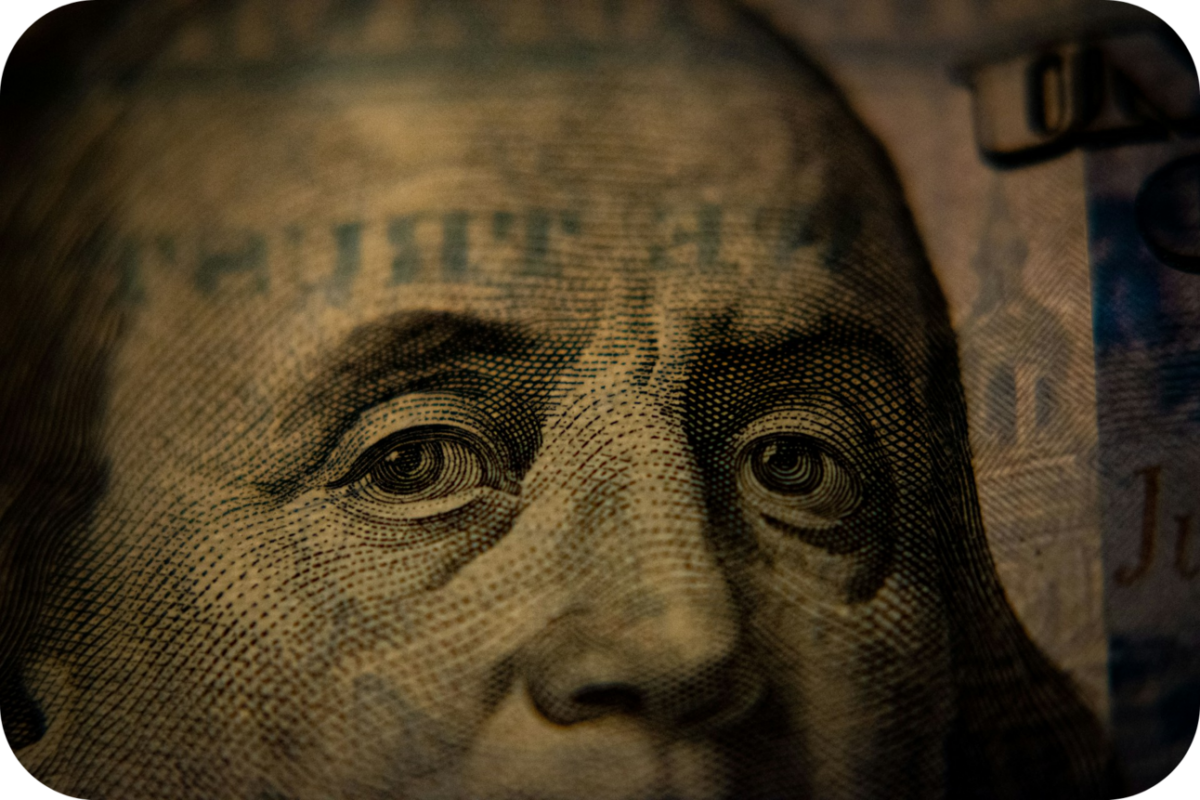US Sportsbooks Join Forces To Combat Problem Gambling
Seven leading gaming corporations in the nation are uniting to establish a trade organization aimed at advocating for responsible gambling practices. This initiative, a first of its kind, will involve sharing data on problem gambling.
The Responsible Online Gaming Association, abbreviated as ROGA, was introduced by companies including Fanatics Betting & Gaming, Hard Rock Digital, and bet365 on March 27th.
These companies, representing over 85% of the U.S. legal online betting market, have collectively committed over $20 million to support ROGA’s initiatives.
Jennifer Shatley, the executive director of ROGA, expressed enthusiasm about advancing the association’s mission to enhance research, develop evidence-based practices, and equip players with valuable information.
ROGA’s members are dedicated to collaborating on various fronts, such as educational efforts, establishing responsible gaming protocols, and ensuring ethical advertising and marketing throughout the sector.
Moreover, ROGA plans to set up a novel independent platform for exchanging crucial consumer protection information, although the specifics of this system remain to be detailed.
The organization also intends to launch a certification scheme to evaluate and promote the responsible gaming measures of its members, encouraging wider industry engagement.
The formation of this consortium is timely, as sports betting has expanded rapidly in the U.S. since 2018. Currently, thirty-eight states and Washington, D.C. offer legal sports betting.
Notably, this year’s Super Bowl saw a record-breaking number of bets placed, with online transactions reaching nearly 15,000 per second, a figure that doubles last year’s peak, as reported by GeoComply.
Caesars, a significant player not participating in ROGA’s formation, shared with CNBC its confidence in its own Responsible Gaming practices, built upon 35 years of experience in the field. The company praised the efforts towards responsible online gaming but reaffirmed its commitment to its approach.
It is fantastic to see companies taking steps to combat gambling addictions and encouraging responsible gaming!




